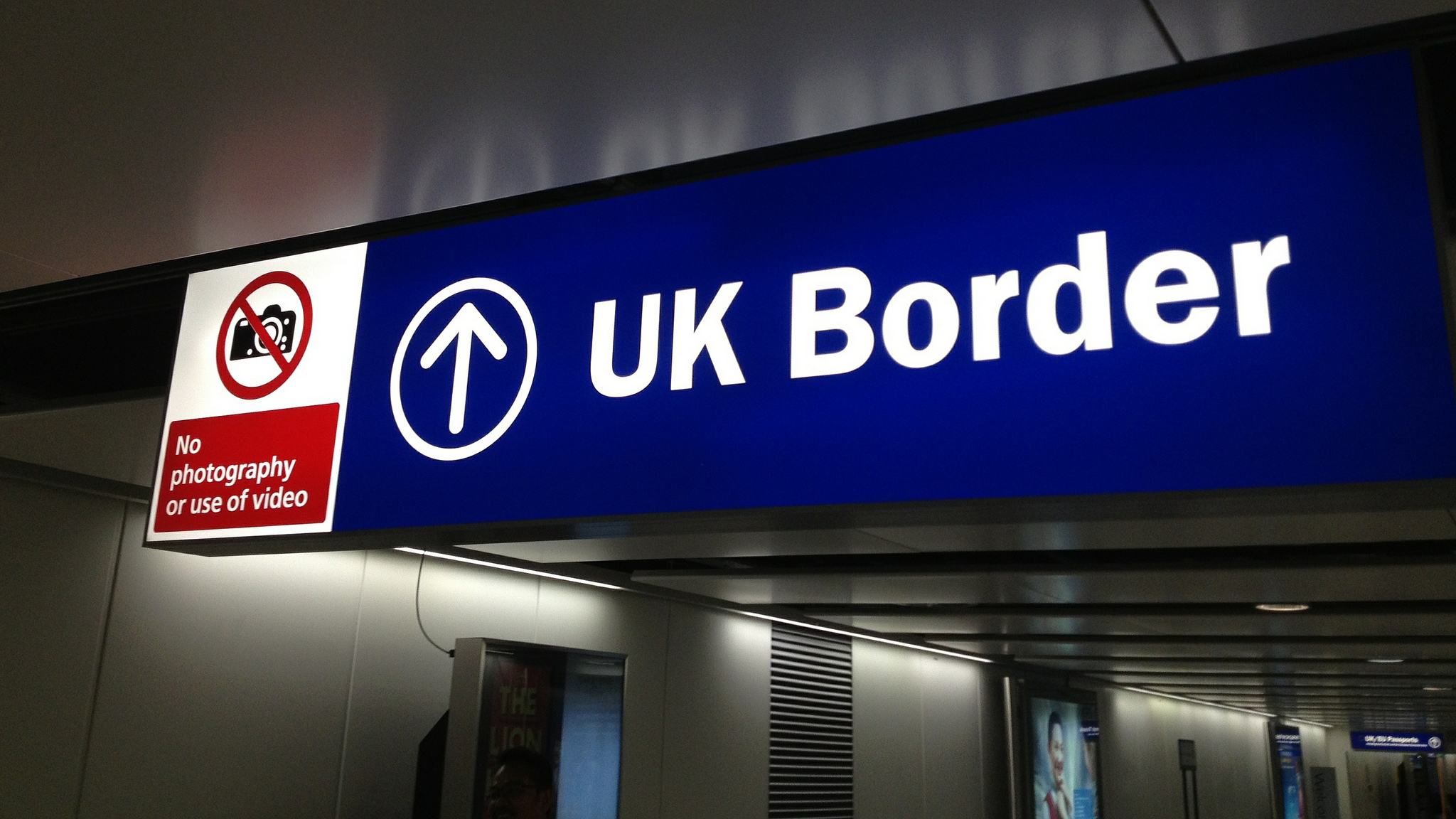Corbyn Is Wrong to Indulge Migration Myths – Free Movement Must Be Defended
by Caroline Lucas
26 July 2017

When Jeremy Corbyn said over the weekend that leaving the EU would mean an end to the “the wholesale importation of underpaid workers from central Europe in order to destroy conditions, particularly in the construction industry” he was taking aim at unscrupulous employment agencies, but he was also clearly stating his belief that freedom of movement within the EU should take some of the blame for employment problems in Britain. His words follow the often repeated line he used in the election: “freedom of movement WILL end when we leave the EU.”
This kind of language on this issue is deeply damaging for a number of reasons. For a start there is the simple fact that freedom of movement does not have to end when we leave the EU. Norway benefits from freedom of movement, for example. And the truth is that we could keep freedom of movement, alongside membership of the single market – but that option doesn’t tend to get aired very often.
It is important to recognise the fact that many people have worries around migration. At the heart of people’s concerns tend to be two major factors: jobs and public services. And it’s no wonder people are angry either, given that wages have stagnated in Britain and our public services are stretched to the point that people are being treated in hospital corridors. But the truth is that such pressures are not caused by free movement. Earlier this year the London School of Economics released a report which exploded these myths, saying that:
“Immigrants pay more in taxes than they take out in welfare and use of public services … immigrants help to reduce the budget deficit. There is little evidence that immigrants have negative effects on crime, education, health or social housing.”
It went on to debunk myths around jobs:
“Neither immigration as a whole nor EU immigration has had significantly large negative effects on employment, wages and wage inequality for the UK-born population.”
The summary of the report: almost everything the government has told you about migration simply isn’t true.
I know many people reading this will be disappointed that I’m singling out Jeremy for what he said on free movement. Of course he isn’t the only party leader lining up against free movement. Vince Cable wants it to end too, and Theresa May wants to cut migration to economy-wrecking levels. The truth is that I fully expect the Tories to be wrong on migration – they’ve spent my entire political lifetime lining up with right-wing newspapers to blame all of society’s problems on people from abroad. I have little to no hope that the party of the ruling class will ever seriously change tack on the issue. So while my record shows that I will always oppose Tory bigotry and attacks on migrants, I still believe it’s right to constructively criticise those on the left who fail to stand up to myths on issues like free movement.
I have to say I am inclined to think that Jeremy himself isn’t particularly comfortable with the language he used at the weekend. But knowing that the Labour leader is a nice guy doesn’t make repetition of these baseless myths excusable – if anything it just highlights how easy it is for even the most left-wing Labour leader, as well as a large number of his more ‘centrist’ backbenchers, to slip into the establishment’s language on migration.
Of course what Jeremy could be doing, rather than pointing to freedom of movement as the cause of low pay, is focusing squarely on labour rights and wage policy. Britain has some of the most restrictive trade union laws in Europe, a minimum wage that isn’t enough to lift people out of poverty and an employment tribunal system made inaccessible by exorbitant fees – surely these should be the focus of a leader who wants to improve working standards for the many.
Despite what I’ve said above, the case for free movement cannot and should not be made solely on an economic basis. Labour’s position on free movement is (they argue) an ‘economy first’ one – aiming to bring people in to fill certain jobs, and asking agencies to advertise locally first. As Jeremy said at the weekend, Labour’s policy would work “on the basis of the economic need and skills required.” Not only does the economic evidence not support a selective system replacing freedom of movement, but such a policy would also kill off the wonderful gift of being able to cross borders because you’ve fallen in love or because you simply feel like moving elsewhere. Borders are a human construct that have slowly been dismantled through a reciprocal arrangement within Europe – it seems clear to me that giving up on freedom of movement is a clear backwards step for anyone who calls themselves progressive.
In future I’d like to see a bit more honesty in the debate about freedom of movement. For a start that should mean restating that freedom of movement has had an overall positive impact to our economy and our society – and that the option to retain it does exist, even if some are choosing not to take it. I’d also like to see the left repeatedly say that it is bad bosses and government policy which cause wages to stagnate and rights to deteriorate, not people coming from other countries to find work.
Ultimately I believe that giving up on freedom of movement is a betrayal being perpetrated by a generation that has enjoyed its benefit and I’m proud that the Green party continues our fight. We will always counter myths with the hard economic evidence, but we’ll also continue to make the case for the wonderful gift of being able to live, love, work and study across a continent.